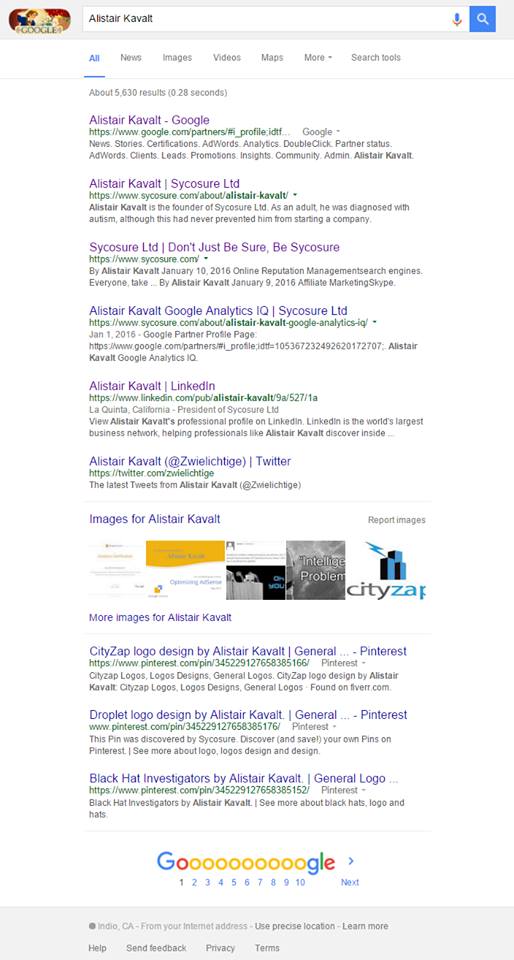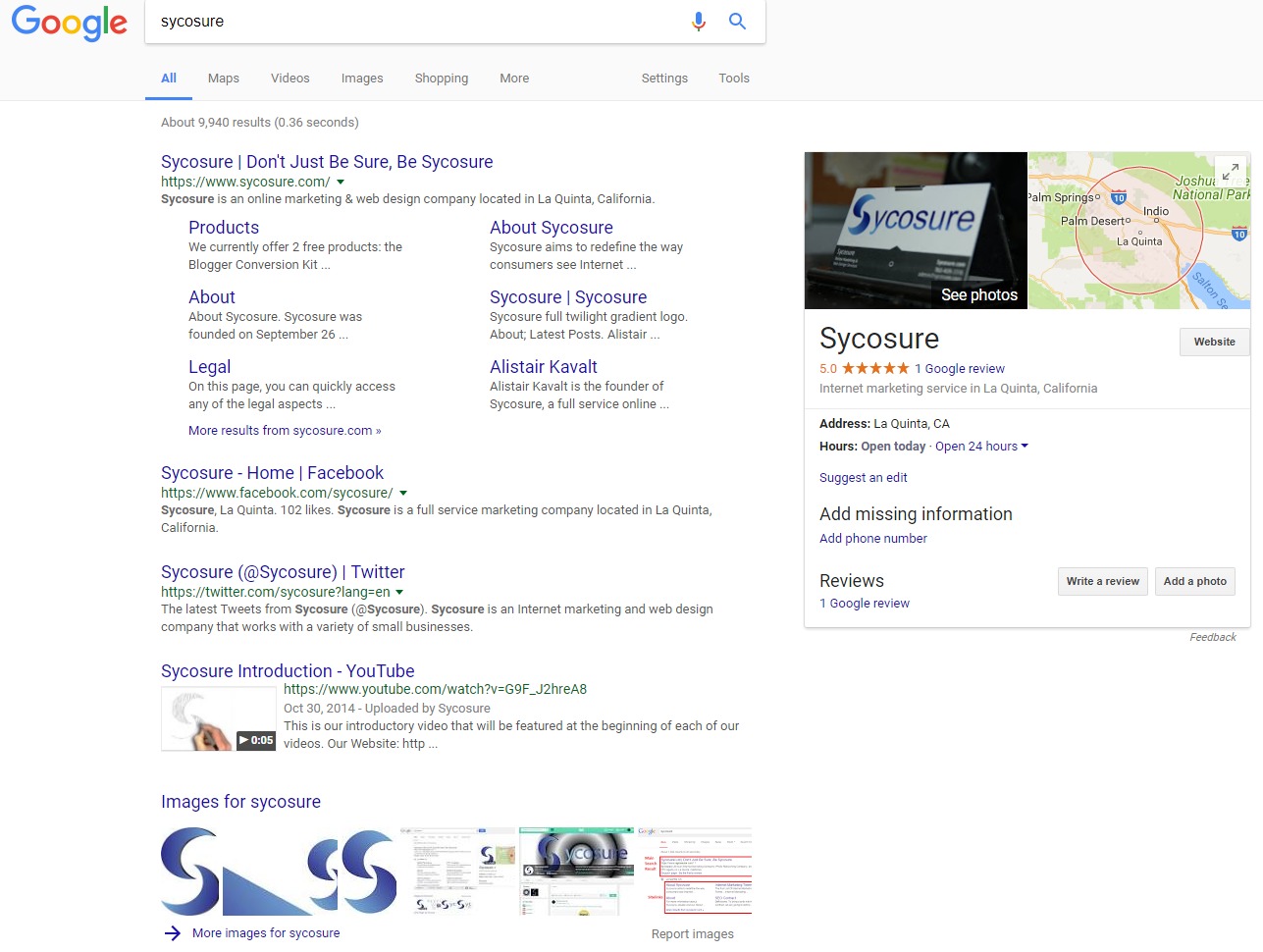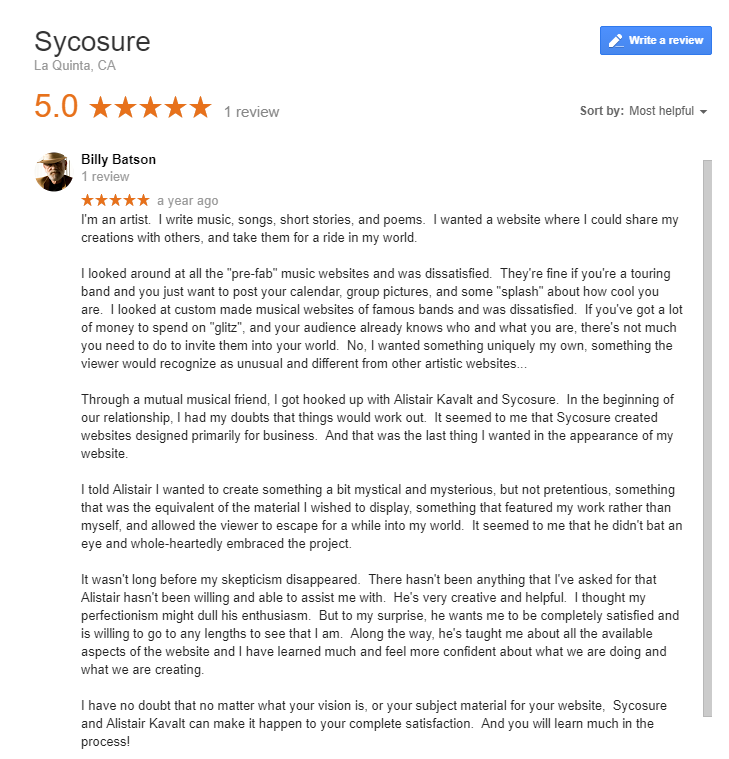Why You Need To Do Proactive Online Reputation Management Right Now!
Proactive online reputation management is one of those activities that most people ask “But why should I?” They’d much rather invest in their online reputation only when something bad happens. However, when they take that route, which is often referred to as reactive online reputation management, they discover that it’s much more costly and doesn’t always yield the results they were looking for. More often than not, they also learn that had they been building and grooming their online reputation in the first place, the negative impact of less-than-flattering search results would’ve been reduced significantly.
This, my friends, is where being proactive with your online reputation can come in handy. But that’s not the only reason why you should be proactive with your reputation. For instance, you can…
Do It Yourself
That’s right, you don’t need to hire an expensive ORM firm for this one. With the right know-how, even the average Internet user can make themselves look amazing online. While there are benefits to hiring someone to proactively build and manage your reputation online, much of it can be accomplished just by cleaning up the social media profiles you already have.
But why should you spend your time looking amazing online? Well for one, proactive ORM can have some not-so-surprising professional benefits as well.
Impress Potential Employers
It’s no mystery that employers are beginning to search online to learn more about their applicants, so why not beat them to the punch? For example, if you’ve applied to a design position at a company, why not create an Instagram or Pinterest account and show off the best of your designs? Or if you’ve applied to a digital marketing position at a local firm, you can obtain certifications from Google and Bing relevant to the job. Best of all, you can also link to your portfolios and certification on your résumé.
Score New Clients & Customers
This is part of the reason I started doing proactive online reputation management myself. Rather than explain why I’m better than the thousands of other search engine optimisers or web designers out there to my prospects, I found it easier just to show them.
Take the online reputation for my company and I for example.
The search results for my name:

The search results for my company:

Something to note about the search results for my company is that I only have a single review. While some people may be under the impression that a single review wouldn’t be worth much, that couldn’t be further from the truth. That single review from my now-deceased client Billy Batson has resulted in numerous clients and emails from leads by itself.
How You Can Get Started With Proactive Online Reputation Management Today
Do I have you sold on this idea yet? If so, then great! Below, I’ve created a list of ways you can get started with proactive ORM right now.
- Identify your goals; why do you want to do proactive ORM? For instance, is it for professional or personal reasons? Perhaps a little of both?
- Clean up your pre-existing social media accounts. This means removing anything you wouldn’t want your mother to see.
- Once you’ve done that, allow search engines to index your social media profiles. Just search for “index (insert social media site name) profile” in Google.
- Get certified. Find online or offline certifications in an industry you’re interested in.
- Update your Linkedin account with any new certifications you earn.
- Create a website with your name as the domain. With the advent of site builders such as Wix and Weebly, this is easier than you would think.
- Volunteer with small organisations. Occasionally, volunteer organisations may mention you on their website.
- Donate money. Some charities, especially the smaller ones, will list your name on a page of their website letting everyone know you made a donation.
- Take advantage of other “parasite pages”. An oldie but goldie on Black Hat World titled “Parasites PWN! – Leeching From Authority Sites = $$$$“, written by SerpLogic’s Tommy McDonald, goes over how to do this.
In the future, I’ll post an article detailing exactly how to do everything listed above and more. For now, I wish everyone the best of luck in their proactive online reputation management pursuits.
- Slow Website? Consider Robots As Being The Culprit - June 24, 2025
- My Experience Accepting Crypto Payments For The First Time - April 25, 2025
- Are Forums Dying? A Look Into Forums As A Whole - April 22, 2025






Leave a Reply